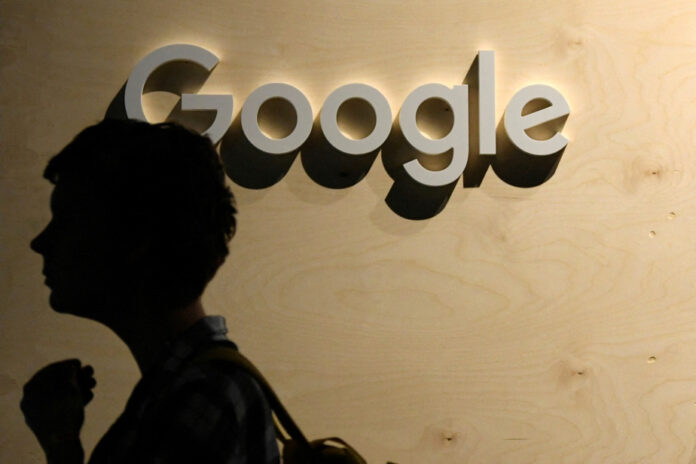(Washington) The US government’s landmark trial against Google is halfway through, after five weeks of debate, which put the spotlight on relations between the internet giants. Here are the five takeaways so far.
The trial confirmed that Alphabet, Google’s parent company, paid colossal sums to Apple to make Google the default search engine for iPhones and other connected devices, a relationship which, according to the US government, allows it to defend its monopoly.
The exact amount involved has never been made public, but documents cited at the hearing put it at ten billion dollars per year.
But Bernstein analysts argue that it is not a fixed sum and that the agreement provides for revenue sharing. In total, they estimate it could earn Apple up to $20 billion a year.
The trial also highlighted Microsoft’s failed attempts to take market share from Google, including trying to convince Apple to change its default search engine and choose Bing.
CEO Satya Nadella told the audience that Microsoft had gone so far as to suggest that Apple rename Bing.
According to the Bloomberg agency, the Redmond (Washington State) group also offered to sell Bing to Apple, so that the latter would make it its default search engine and revive competition.
Being adopted as the default search engine would be a “game changer” for Bing, insisted Satya Nadella, who said he had the feeling that Apple was using Microsoft’s proposals to negotiate with Google, without intending to change service providers. .
The American government produced, at the hearing, an email, dated 2007, from Sundar Pichai, current CEO of Google, when he was responsible for the Chrome browser.
In this document, addressed to co-founders Sergey Brin and Larry Page, the executive is concerned about the exclusivity contract with Apple, believing that it could tarnish the image of Google, seen as pushing aside its competitors by force.
“I don’t think the fact that we are the only [search engine] is good for users or that the symbolism is favorable,” writes Sundar Pichai.
To highlight the allegedly hegemonic character of Google, the American government called to testify the marketing director of the tourist reservations site Booking.com, himself a former Google executive.
Arjan Dijk called Google a “benevolent dictatorship,” whose services were indispensable for a website that wanted to generate traffic and charged accordingly.
The executive had vigorous exchanges with one of Google’s lawyers at the hearing, to the point that federal judge Amit Mehta had to intervene to cool the temperature.
Among the numerous witnesses called at the hearing was the general director of the independent search engine DuckDuckGo, a small player which highlights the protection of personal data.
Gabriel Weinberg claimed to have had advanced discussions with Apple in 2018, which said it was considering adopting DuckDuckGo on iPhones for “private” mode, distinct from classic mode.
“We thought they were really interested,” he said.
But the talks were unsuccessful, Gabriel Weinberg blaming this failure on Google, whose exclusivity contracts also prevented DuckDuckGo from getting closer to Samsung and other browsers.











